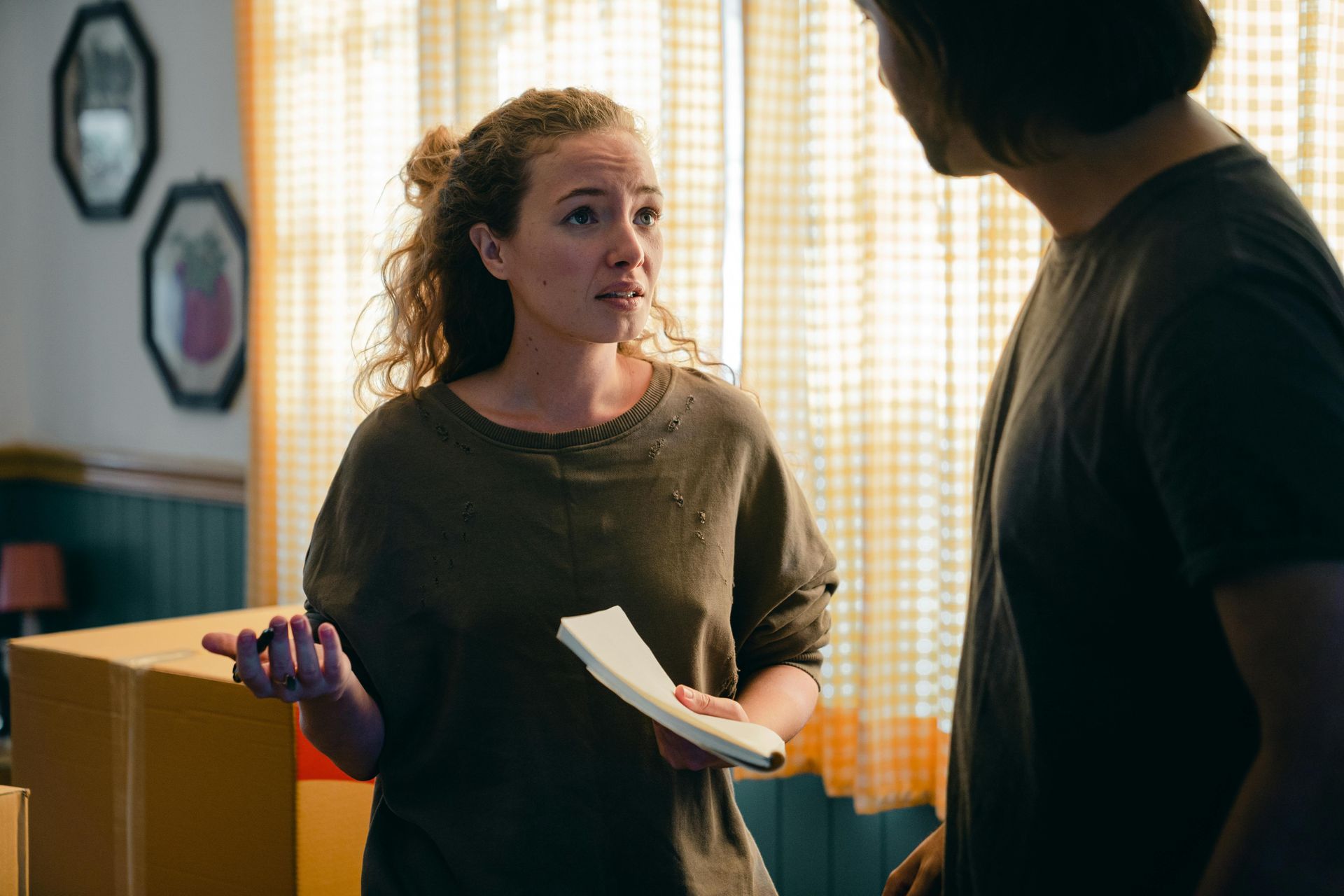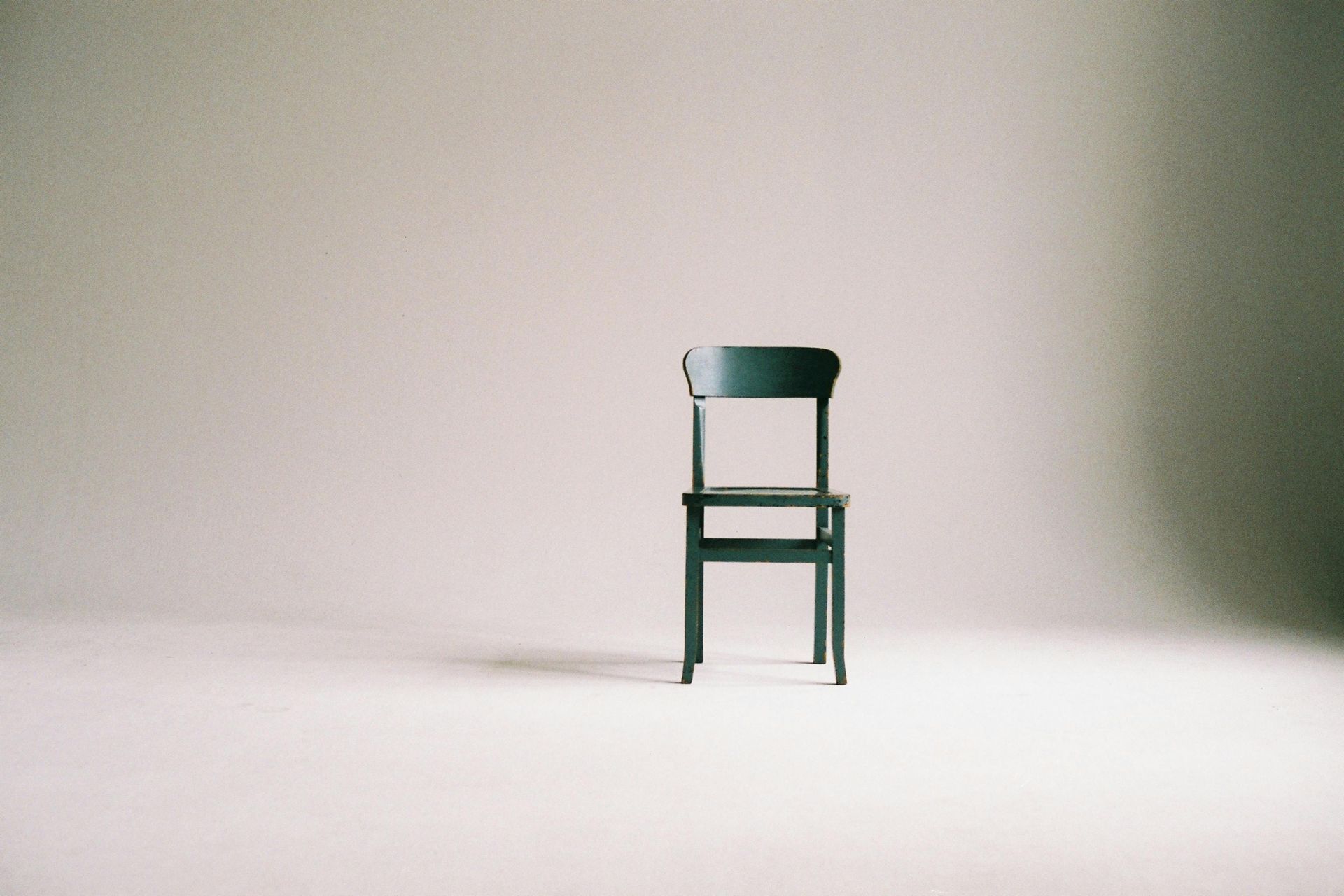Will you agree to your annual rent increase?
It looks like summer has finally arrived in the Netherland, July is around the corner, and very likely, so is your annual rent increase. A rent increase is probably not what you were looking forward about the summer as a tenant, but that won’t stop your lessor. What are the things you should you pay attention to before agreeing to the increase and paying a higher rent? We’ll discuss it for you!
Landlords are allowed to propose a rent increase once a year, based on a percentage determined annually by the government. These percentages apply from July 1st, 2023, and most landlords take advantage of that immediately. By sending a proposal for a rent increase two months in advance, it can take effect on July 1st, which means many tenants have already received a proposal in April. Be aware that this is a proposal, and its implementation depends on the tenant's [silent] consent, which should only be given if the proposal meets its legal requirements.If this is not the case you have until the starting date of the proposal to object.

In principle, the landlord is allowed to make a proposal for a rent increase. It being a proposal, this does not mean that you automatically are bound to this proposal or that proposed rent increases are always valid. A proposal for a rent increase is subject to certain conditions to have legal effect, and many rent increases that are objected to are cancelled.If you want to object to the increase, you need to do so before its starting date.
For this year, the maximum increase for rooms and other non-liberalized residential units [independent dwellings with a rent below €763.47 at the start of 2022,] has been set by the government at 3.1%. However, if the rent is below €300 per month, the rent can be increased by a maximum of €25. For tenants with an income above €48,836, the rent can even be increased by €50 or €100 per month, depending on the level of the (joint) income.
In previous years, rent increases for liberalized residential units were not subject to a maximum limit. Landlords and tenants could agree on the percentage for the annual rent increase at the start. Luckily this is now a thing of the past. For independent dwellings in the non-liberalized sector, the Ministry has determined that rents can be increased by a maximum of 4.1% in July. Keep in mind that if a lower percentage than 4.1% has been agreed upon in the rental agreement, the lower percentage always applies. However, if a higher percentage was initially agreed upon, the landlord is legally bound to the 4.1% this year.
In addition to the maximum percentages, there are a few more formal requirements for a proposed rent increase. For example, in a proposed increase, both the old and new rent prices must be stated, as well as the percentage of change and the effective date. Additionally, it must be explained how and within what period you, as a tenant, can object to the proposal. Finally, it must be made clear what the consequences are if you, as a tenant, do not object. If any of these requirements are missing, you as a tenant are not obligated to agree to the rent increase and you can object. The landlord will then have to send a new proposal that cannot take effect earlier than two months after its sent.
But perhaps the most important of all conditions, is that even after the increase, the rent cannot exceed the legal maximum. If you haven't had a rent price check done yet, the rent increase is an ideal moment to check what your rights are, where you stand, and whether you might already be paying too much rent to begin with.
Are you curious whether the rent increase you have received is valid? Then sign up
here
for a free diagnosis from a Huurdokter and upload the proposal for rent increase and your contract. Click
here
to go directly to the objection form.
HUURDOKTERS
EERSTE HULP BIJ HUUR
Postadres
Postbus 4380
3006 AJ Rotterdam
Bezoekadres
Jan van Galenstraat 335
1061 AZ Amsterdam
info@huurdokters.nl
+31 [0]20 261 9613
Openingstijden
Maandag
Dinsdag
Woensdag
Donderdag
Vrijdag
Zaterdag
Zondag
09:00 tot 17:00
09:00 tot 17:00
09:00 tot 17:00
09:00 tot 17:00
09:00 tot 16:00
Gesloten
Gesloten
KVK 68376499
Derdengeldenrekening NL 96 BUNQ 2031 9943 01




